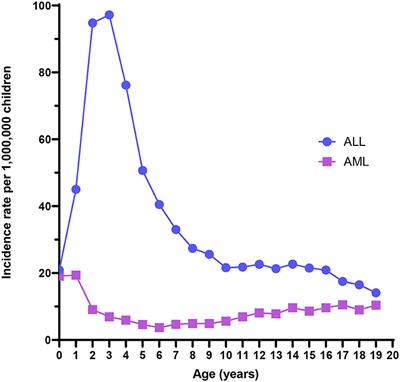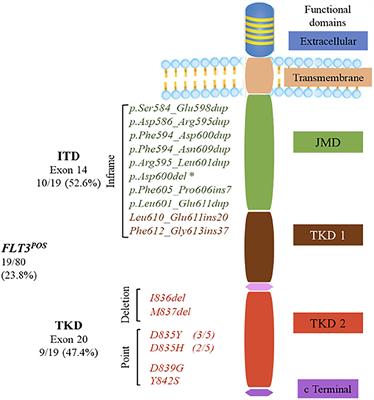EDITORIAL
Published on 09 Aug 2021
Editorial: Prevention in Acute Leukemias in Children
doi 10.3389/fpubh.2021.700739
- 1,992 views
- 2 citations
7,871
Total downloads
30k
Total views and downloads
EDITORIAL
Published on 09 Aug 2021
REVIEW
Published on 23 Apr 2021

ORIGINAL RESEARCH
Published on 19 Mar 2021

ORIGINAL RESEARCH
Published on 21 Sep 2020

ORIGINAL RESEARCH
Published on 16 Sep 2020

